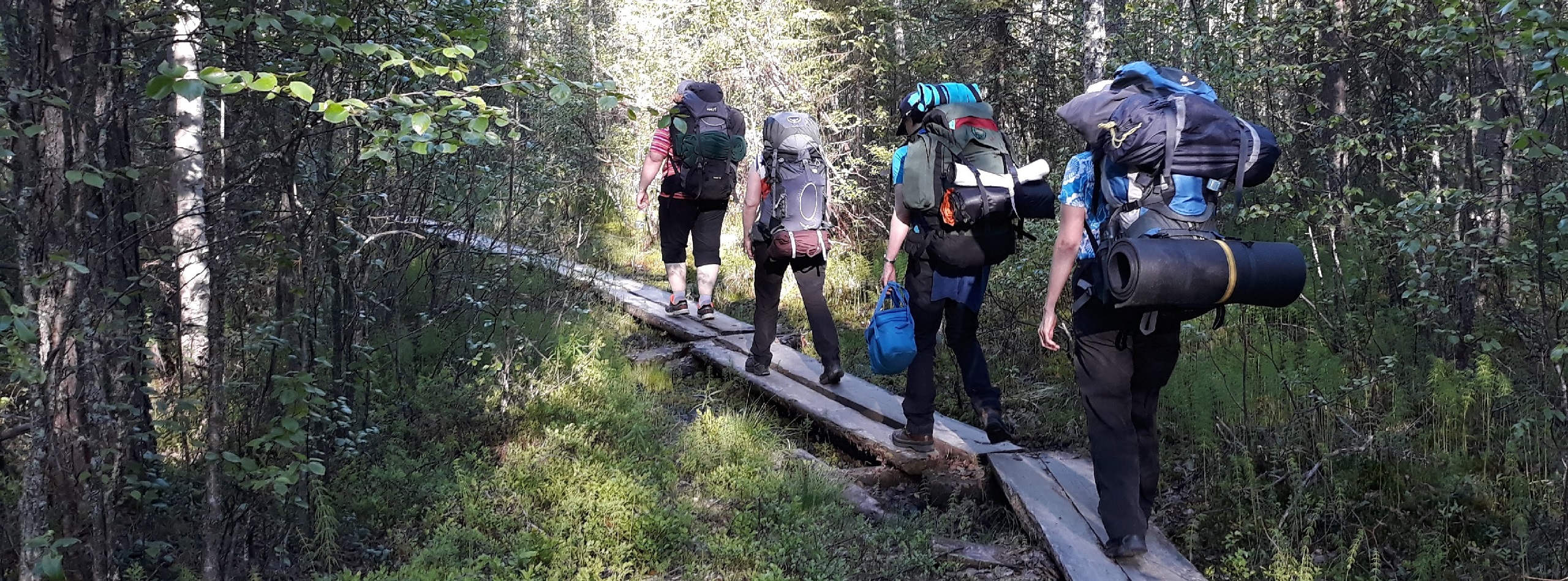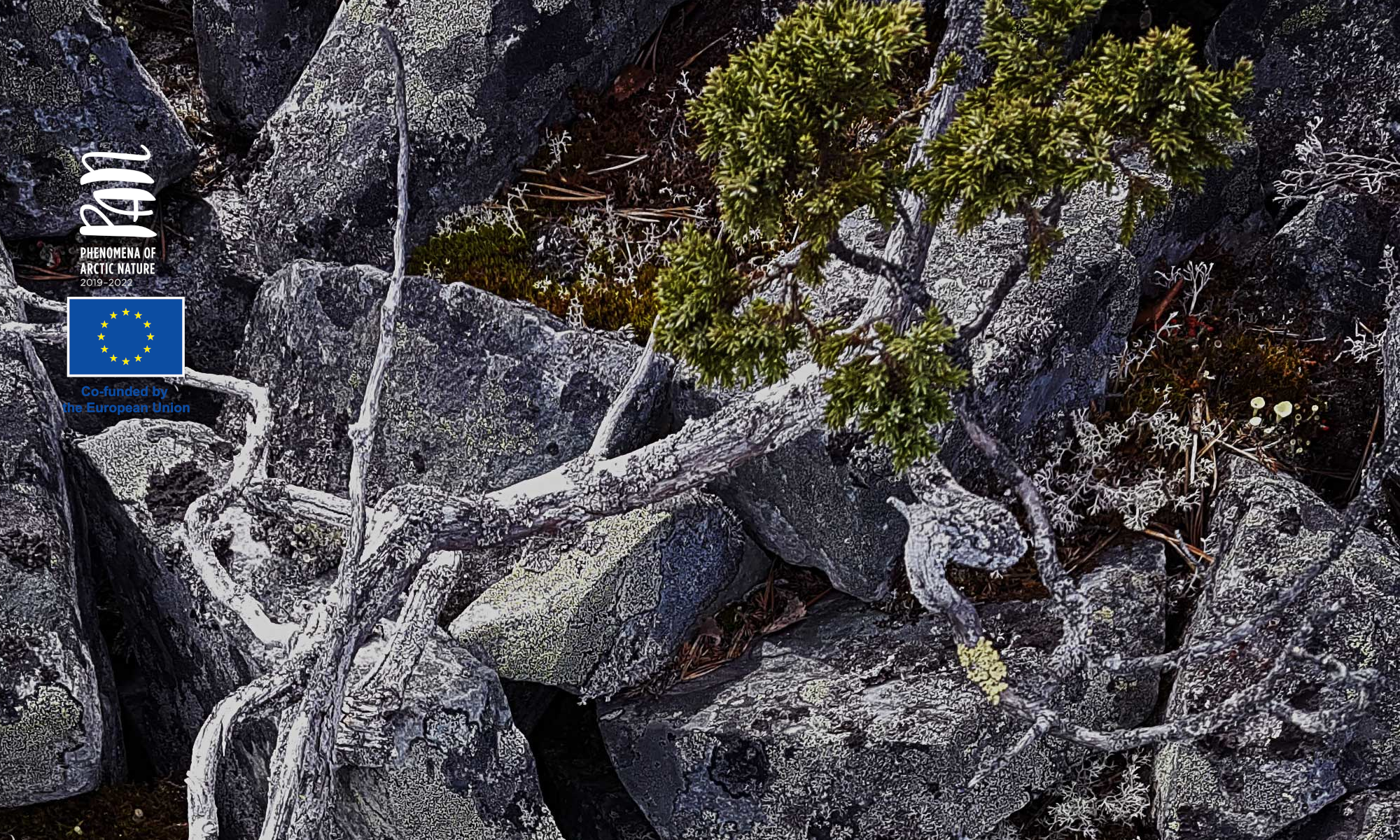Environmental education

Are you interested in learning in, from and about nature while travelling? How can we encourage the customers to act for nature?
The importance of environmental education has grown while environmental problems such as climate change, global warming and biodiversity loss have become more visible. In addition, the interest in a sustainable way of living and responsible travel choices is increasing among travellers. It is also the responsibility of companies and destinations to raise awareness and to educate travellers.
The article below presents the main objectives and theories of environmental education.
Responsible tourism and environmental education are both a prerequisite and a competitive advantage for tourism businesses. For nature-based tourism business, environmental education provides for example
-
- current and interesting content for nature-based activities and services year-round
- means to carry out sustainable development and responsible tourism in practice
- a systematic and intentional course of action
- effective and practical methods.
The article below presents how the biodiversity and ecology are involved in youth work and nature activities.
The checklist below helps to plan and implement environmental education.
-
- What are the objectives? What do we want to teach?
- Who are the customers or participants? What is their previous knowledge about the subject? What kind of learning experiences do they have related to the subject?
- What kind of resources (e.g., knowledge, time, personnel, money, operating environment) do we have?
- Do we spend time in nature or other green areas? What do we do in nature?
- Do we use different senses and observe nature? How do we affect the environmental attitudes, values and emotions?
- Do we get knowledge about the environment and nature? What and how do we talk about the environment?
- What do we do for the environment? How do we involve people to solve environmental problems?
Task: Think of an existing nature-based tourism product/service that you have used. Ponder how the different elements of environmental education were or could be fulfilled in the product/service.
Sources:
Angeria, M. 2022. Environmental Education in Tourism Services. In M. Angeria, M. Hirvaskari & O. Kähkönen (Eds) Phenomena of Arctic Nature. Principles and Practices of Nature-based Tourism., 47-50. Rovaniemi: Lapland University of Applied Sciences. https://issuu.com/lapinamk/docs/b_2_2022_angeria_et_al/48.
Kämäräinen, R. 2022. Biodiversity and Ecology in Youth Work. In M. Angeria, M. Hirvaskari & O. Kähkönen (Eds) Phenomena of Arctic Nature. Principles and Practices of Nature-based Tourism., 45-46. Rovaniemi: Lapland University of Applied Sciences. https://issuu.com/lapinamk/docs/b_2_2022_angeria_et_al/46.
